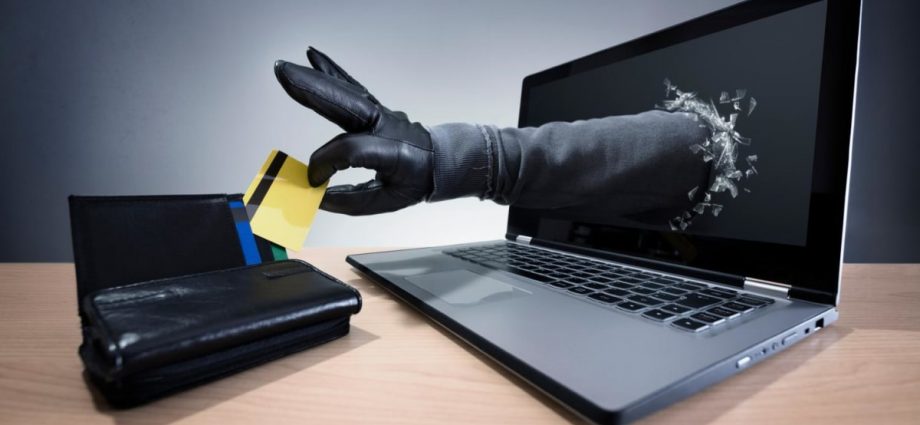
SINGAPORE: Scams are on the rise, and have come under the spotlight in Singapore following several high-profile cases.
None more so than the Tradenation luxury goods scam, which saw victims lose tens of millions of dollars.
The couple allegedly behind it, Singaporean Pi Jiapeng and his Thai wife Siriwipa Pansuk, were charged in court with cheating offences on Aug 12.
But the case also left people wondering just what would happen to the money they allegedly scammed.
Latest statistics reveal the crime is showing no signs of abating.
Last year, it drove up Singapore’s overall crime levels yet again.
Of the 46,196 reported crimes in 2021, more than half – or 23,931 cases – involved scams, increasing from the year before when scams made up about 40 per cent of all cases.
The figure also marked a 53 per cent surge from the reported 15,651 scam cases the year before.
Overall, the total amount cheated for the top 10 scam types rose to S$504.4 million last year, from S$175.2 million the year before.
Just how difficult is it to claw back such scam proceeds, and what chance do victims have of getting their money back?
How much money is recovered from scams?
In June 2019, the Anti-Scam Centre (ASC) was set up to disrupt scammers’ operations and help mitigate victims’ losses.
Since then, it has received scam reports with losses amounting to more than S$822 million. Of this, it has recovered more than S$200 million to date, or about 25 per cent of the amount lost, said Law and Home Affairs Minister K Shanmugam in a written reply to a parliamentary question last month.
Last year alone, the ASC received more than 23,800 scam reports with losses amounting close to S$520 million, according to the 2021 annual crime statistics. In the same period, it recovered more than S$102 million.
What happens to proceeds from a scam?
Bank accounts suspected to be involved in scam operations will be frozen by the police, and the money will be seized as proceeds of crime.
In 2021, the ASC froze more than 12,600 bank accounts.
The ASC also works with the Monetary Association of Singapore and financial institutions to swiftly freeze bank accounts suspected to be involved in scams, to enhance the chances of recovery.
In 2020, the ASC started a collaboration between police and more than 60 institutions. Once the police are notified of a scam, most bank accounts suspected to be involved in scammers’ operations can be swiftly frozen within a day, as opposed to the 14 to 60 working days previously.
The time taken for money to be returned to the victims depends on the circumstances. Factors include whether there are multiple claimants and if the money is still relevant for the purposes of investigation or trial or other court proceedings.
Lawyer K Anparasan, managing director at Whitefern LLC, said: “In such a scenario where the amount recovered is less and there are multiple victims, the court will then decide how to allocate the recovered monies after hearing the victims who come forward.”

